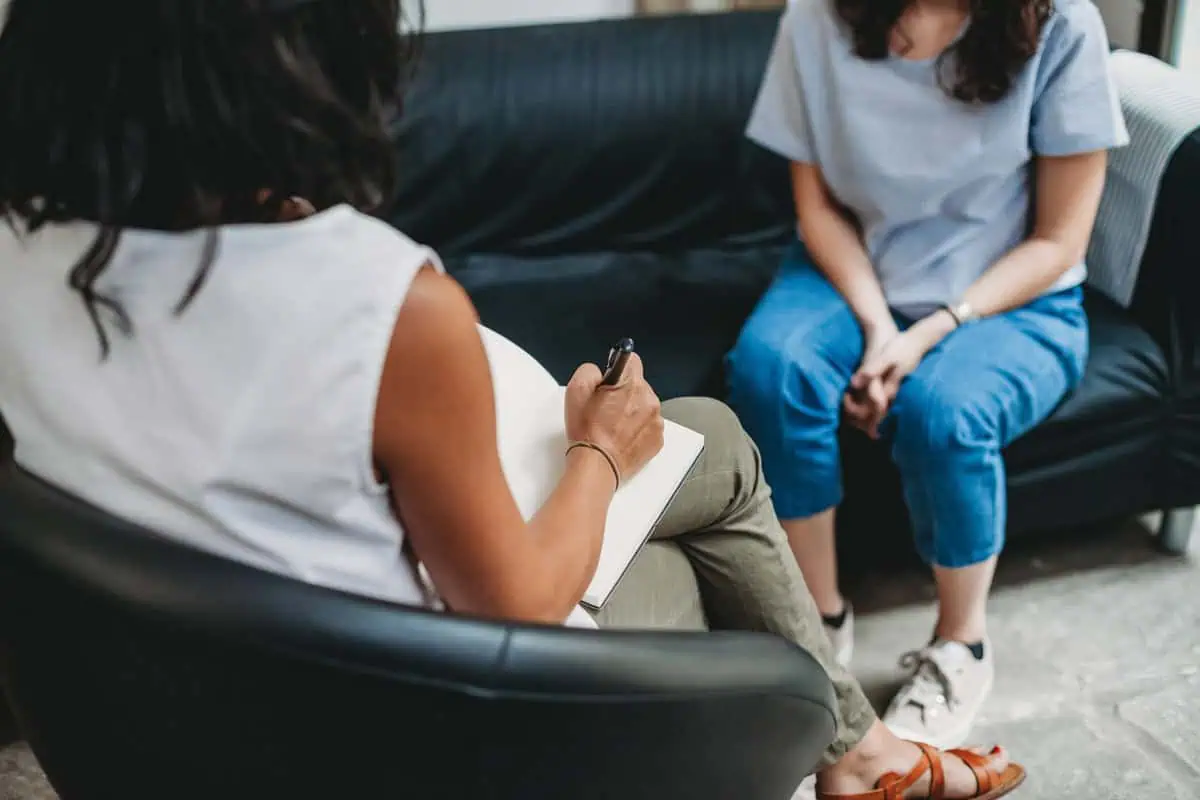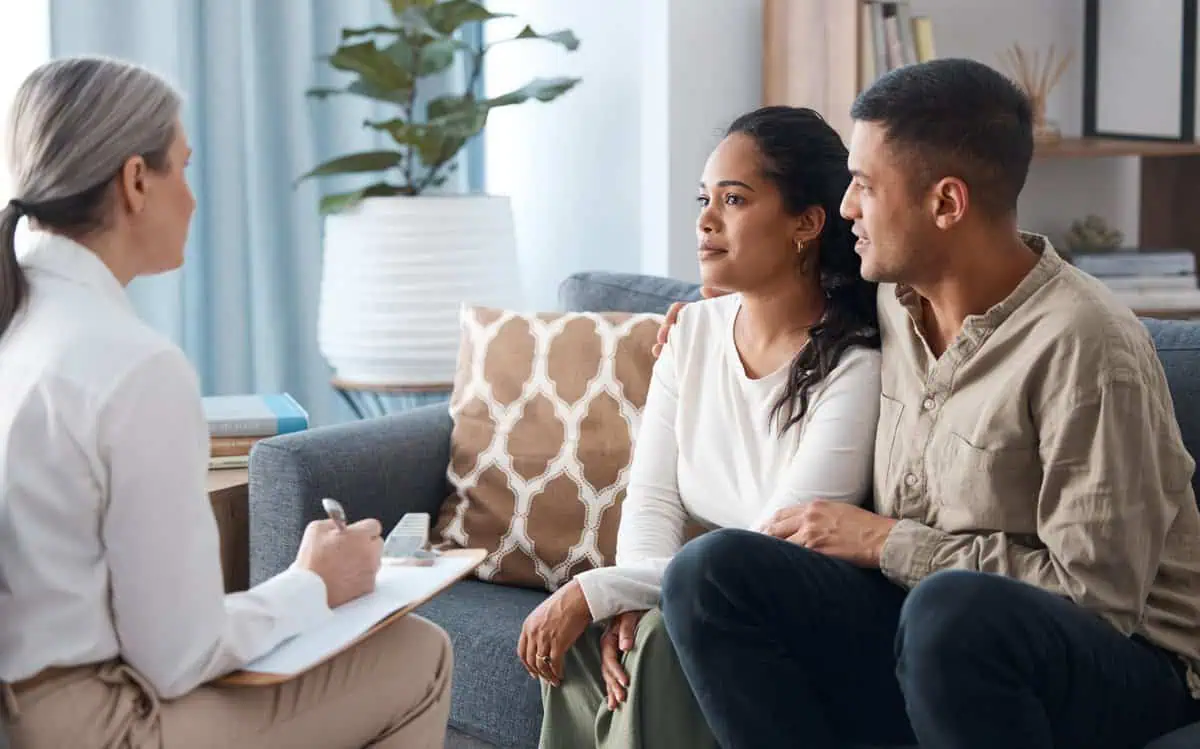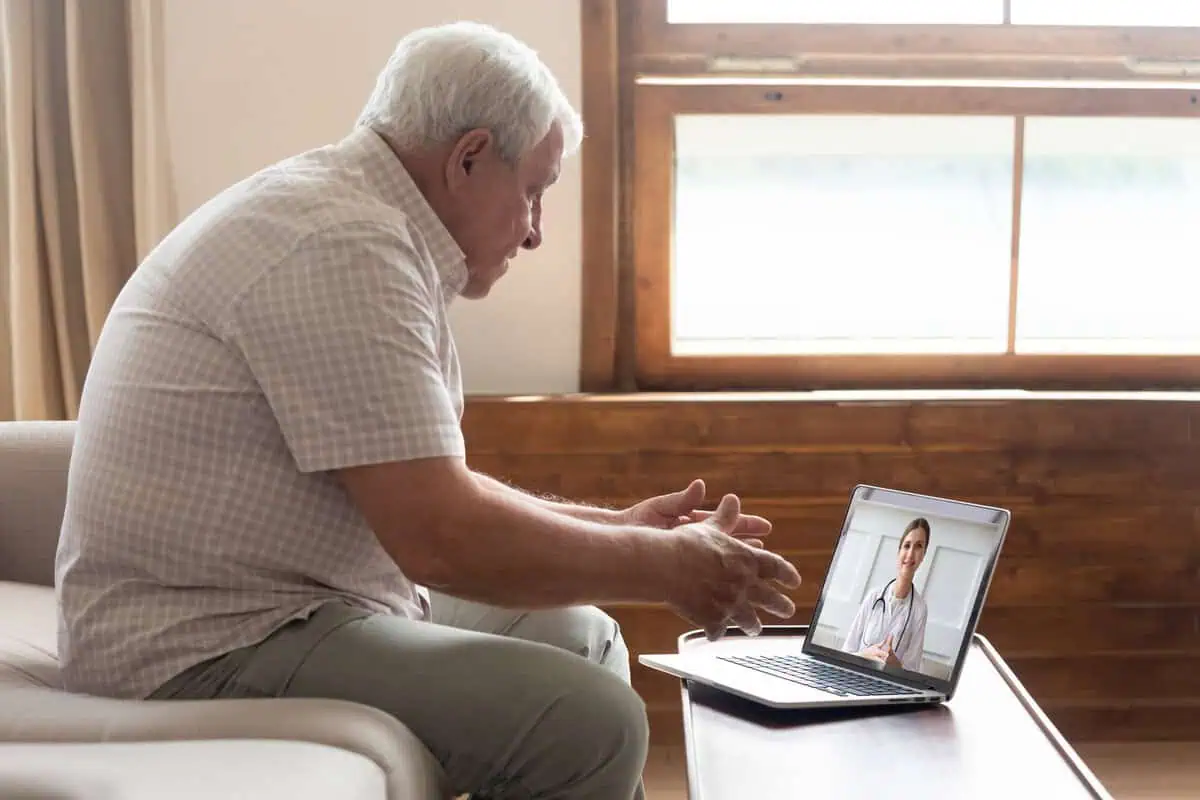Many relationships now turn to couples therapy as an essential resource, providing a haven to tackle obstacles, boost communication, and strengthen emotional ties. Modern relationships grapple with many challenges, ranging from the lure of digital screens to evolving societal expectations. TMZ Behavioral Care in Davie, FL, deeply committed to reliable and effective mental health solutions, underscores the significance of grasping this therapy’s essence. This article dives into couples therapy’s standard structure and aspirations, offering insights into what participants can anticipate and the advantages they stand to gain.
The Purpose of Couples Therapy: Unraveling the Core Objectives
Couples therapy has garnered significant attention over the years, but what does it aim to achieve? While every couple’s journey is unique, there are universal objectives that therapists and couples target. Here, we outline the critical purposes of couples therapy.
- Navigating Relationship Challenges: Equip couples with the tools to confront relationship hurdles head-on. Provide a neutral ground for both partners to express their concerns and frustrations.
- Enhancing Communication: Teach couples effective communication techniques. Break down barriers that prevent open and honest dialogue.
- Building Intimacy and Connection: Help partners rediscover and cultivate emotional and physical closeness. Offer strategies to reignite the passion that might have waned over time.
- Resolving Conflicts Constructively: Provide conflict resolution strategies that promote understanding rather than hatred. Encourage compromise and collaboration in decision-making.
- Supporting Individual Growth Within the Relationship: Recognize that each partner has personal aspirations and needs. Assist couples in balancing individual growth with collective relationship goals.
- Strengthening Commitment: Reaffirm the reasons why the couple chose to be together. Inspire actions that nurture and solidify the bond between partners.
- Facilitating Healing from Past Wounds: Address past traumas or issues affecting the relationship’s dynamics. Offer a safe space for vulnerability and healing.
Couples therapy is more than just a space for airing grievances; it’s a transformative journey that aims to strengthen the foundation of relationships. Whether you want to reconnect, communicate better, or overcome specific challenges, couples therapy can be the guiding light.
Typical Structure of a Couples Therapy Session
Couples therapy might seem daunting for many who are new to it. However, understanding its typical structure can help demystify the process, making it a more approachable endeavor. Below, we break down the usual format of a couples therapy session:
- Initial Assessment: Gauge the couple’s relationship history and current issues. Identify patterns, dynamics, and primary areas of concern.
- Setting the Agenda: Collaborate with the couple to outline session goals. Prioritize pressing issues to ensure a focused approach.
- Main Session Activities: Engage in guided discussions to address identified concerns. Implement therapeutic techniques tailored to the couple’s unique needs.
- Skill Building and Exercises: Introduce practical exercises that enhance communication and intimacy. Practice these techniques during the session for real-time feedback.
- Therapist Feedback: Offer observations on the couple’s interactions and dynamics. Provide insights and recommendations to improve relationship health.
- Conclusion and Takeaways: Recap the session’s progress and key learnings. Establish a clear understanding of what was accomplished and what lies ahead.
- Homework Assignments: Assign tasks or exercises to practice outside of sessions. Encourage couples to implement learned strategies in real-life scenarios.
- Scheduling and Next Steps: Discuss the frequency and schedule of future sessions. Set clear expectations for the therapy journey ahead.
Couples therapy is a structured environment designed to foster growth, understanding, and connection. Couples can approach each session confidently and openly by knowing what to expect, paving the way for meaningful change.
Key Goals of Couples Therapy
While every relationship has unique dynamics and challenges, couples therapy consistently aims to achieve specific foundational goals. Here, we unpack the core objectives that both therapists and couples aspire to during this therapeutic journey:
- Promote Enhanced Communication: Teach couples to articulate feelings and needs clearly. Equip partners with skills to listen and respond empathetically and actively.
- Facilitate Effective Conflict Resolution: Introduce strategies to address disagreements without escalating tension. Encourage a solution-focused approach, emphasizing collaboration over contention.
- Deepen Intimacy and Connection: Help couples rediscover the spark that brought them together. Offer techniques to nurture emotional bonds and rekindle physical closeness.
- Foster Personal Growth Within the Relationship: Encourage partners to acknowledge their aspirations. Provide insights on balancing personal growth with relationship well-being.
- Build Stronger Trust and Commitment: Address any underlying trust issues and guide couples toward resolution. Reinforce the shared goals and values that form the relationship’s foundation.
- Navigate Life’s Transitions: Assist couples in managing significant life changes, such as parenthood, career shifts, or relocating. Offer coping strategies to maintain relationship stability during turbulent times.
- Heal from Past Traumas and Wounds: Create a safe space for partners to discuss past events affecting their relationship. Guide couples in processing these experiences and moving forward constructively.
Couples therapy aims to offer a comprehensive toolkit to navigate the intricate dance of relationships. By focusing on these critical goals, couples can rejuvenate their bonds, face challenges with resilience, and forge a path of mutual growth and understanding.
Methods and Techniques Commonly Employed in Couples Therapy
Every relationship is a unique blend of personalities, histories, and challenges. To cater to this diversity, therapists draw from a rich repertoire of methods and techniques in couples therapy. Let’s delve into some of the most commonly employed strategies:
- Behavioral Interventions: Identify and modify harmful patterns of interaction. Promote positive behaviors that foster a healthier relationship dynamic.
- Emotion-Focused Techniques: Help couples understand and express their emotional needs. Strengthen emotional bonds by fostering vulnerability and empathy.
- Insight-Oriented Exploration: Let us dive deep into the root causes of relationship issues. Encourage partners to reflect on personal histories and how they impact the relationship.
- Communication Exercises: Equip couples with practical tools to improve dialogue quality. Address common pitfalls like interrupting, making assumptions, or not actively listening.
- Problem-Solving Strategies: Teach couples to tackle issues collaboratively. Offer structured approaches to break down challenges and devise solutions.
- Role-Playing: Allow couples to walk in each other’s shoes to build empathy. Identify and rectify problematic interaction patterns in a controlled setting.
- Homework Assignments: Encourage the application of learned techniques in real-world situations. Provide opportunities for reflection and practice outside the therapy room.
- Narrative Therapy Techniques: Help couples rewrite their shared story in a positive light. Address and reframe negative narratives that may hinder relationship growth.
- Gottman Method: Based on extensive research, it focuses on building sound relationship houses. We encourage love maps, fondness, and admiration, among other principles.
Consult a Professional
The diverse techniques in couples therapy offer tailored approaches to each couple’s unique needs. By leveraging these methods, therapists guide couples on a journey of understanding, growth, and lasting connection. Don’t wait for small challenges to become insurmountable hurdles. It’s essential to consult with a certified psychiatric mental health professional to find the best couple therapy option based on the couple’s needs and conditions.
Takeaway
Navigating relationship intricacies demands the proper guidance. At TMZ Behavioral Care in Davie, FL, we provide tailored couples therapy to help partners reconnect and grow. We guide couples toward understanding and harmony using varied techniques and a caring approach. For a brighter relationship future, contact us or book an appointment today.






